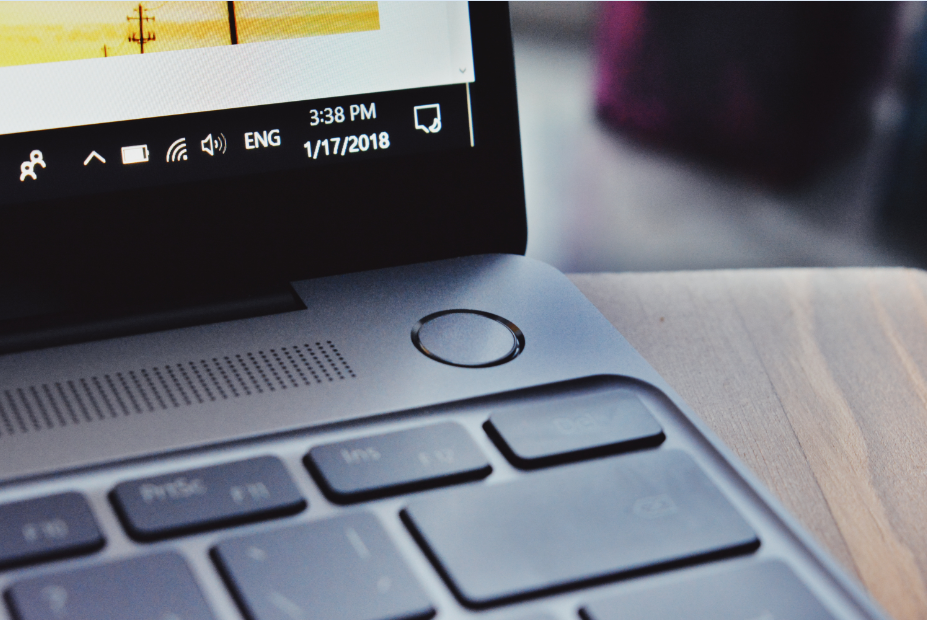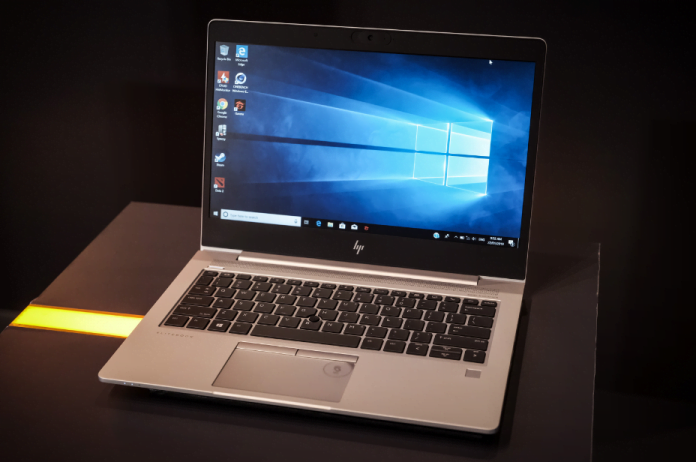India is a developing nation and the 2nd largest in terms of internet usage with over 699 million users. It is good to see the growing number but also raises concern about the safety of the people online. A recent study brings to light one certain issue in India our safety online.
The security site Comparitech performed a global study to find where each country ranked when it came to cybersecurity, and no country had results that could be considered bindaas. But our country ranked 15th, and while that may be ok on other charts where 1st place is the best, this study’s best was in 60th place. That’s right. We’re among the worst security-wise.
This isn’t a study meant to be make countries feel hopeless though. We can all do small things on our devices that can increase our security tenfold. So, what are these ways?
1. Start with Your Browser
Your browser is the one-stop shop for anything on the Internet. Need to pull up the dictionary? Google.com has you. Have to find that funny video to show your friends? Firefox will help you out. It’s the brain of the Internet, and like your brain, you need to do what’s in your power to protect it.
One way you can do this by being mindful about what you’re putting on your browser. For example, ad-block extensions are jhakaas, but I only use one that has tons of reviews and is rated highly. If I use one that no one has ever used and is developed by a company or person you’ve never heard of, there’s no telling what that add-on can do.
If you’ve done this or fear doing this in the future, every browser has somewhere in the menu to disable, remove, or install add-ons and extensions. For example, Firefox simply puts it under “Add-ons”. Simple, takes no time, and anyone can do it. Even this vella right here.
2. Encryption Never Hurt
One possible weak-point of your device is the connection it has to your wi-fi. Usually, we don’t give a second thought to what’s going on behind the scenes of our internet connection. But this is why attacking wi-fi connections is extremely profitable for cybercriminals.
It’s not just your home connection either. If you’re the type to sit at a coffee shop to relax and write or study on your laptop, then you’ve been putting yourself in danger. Public networks have no way to make sure that your information isn’t being leaked (e.g. you log into your bank account and the login information is stolen).
If you’d like to play it safe, you need a VPN. Even if you don’t go out often, a VPN will still keep your home connection as safe as it can be. Simply download some form of VPN software on your PC and you’re good to go.
The VPN will make sure that any data being transmitted on a connection is completely encrypted from an end-to-end perspective. This way, that login information won’t be leaked, your data is safe, and you can finally relax. Not a bad deal, huh?

3. Defending Windows
I know how tempting it is to click on everything in your e-mail list or click the link on a message you got on Facebook that simply reads “Oye, check out this way to make money. Definitely not a scam!”
And while I could take page space to tell you not to, I’m going to tell you what to do to make sure that these incidents don’t ruin your device. All you have to do is enable Windows Defender if it isn’t already.
Microsoft was kind enough to create an anti-virus program that is already installed on your device, and all you need to do is…you guessed it, go into your Windows settings and enable it. After you do that, your PC will alert you that you’re making a grave error. Score, right?!
Also Read: Ubisoft Unveils Updated Roadmap for Tom Clancy’s the Division 2
4. Setting a Device Password
While many threats for your device are in the form of software, your device’s physical security is still a major concern that you need to keep in mind. That said, this is also a very simple process. All you need to do is set a password.
Yes, that’s it. No software to download or meus to go through. Just set a password for your Windows device.
Making sure that there is a strong password standing between a potential threat and the information that your device has stored on it is a basic, but important, step in securing your device. Windows even prompts you to do it when setting up your PC, so what’re you waiting for? Secure yourself!
5. Just be Careful
No matter what you set up on your computer or where you go, the only true way to keep your device secure is you. You can have the latest $500 security router and siphon off the wi-fi of the most secure company in the world, but your actions on your PC will dictate if you are “safe”.
Keep that in mind when on the Internet, and you should be completely fine. And if you heed these steps that I’ve laid out for you, you can do your part in aiding our country when it comes to cyber-security. Maybe one day, we can become one of most secure countries in the world!
This article is written in collaboration with TechWarn





